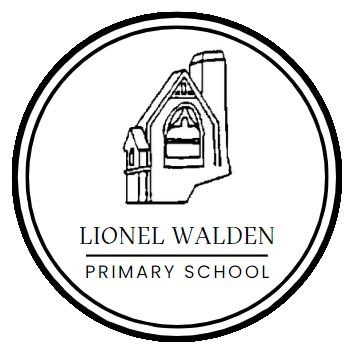Information for parents and carers
What is it?
Publicly-funded schools in England get extra funding from the government to help them improve the attainment of their disadvantaged pupils.
Evidence shows that children from disadvantaged backgrounds:
- generally face extra challenges in reaching their potential at school
- often do not perform as well as their peers
The pupil premium grant is designed to allow schools to help disadvantaged pupils by improving their progress and the exam results they achieve.
The pupil premium grant is government money designed to support disadvantaged children and young people so that they may flourish at school. The funding is allocated to schools for children in Reception to Year 11, who: have registered for free school meals in the last six years; are Looked-After children or have parents in the Armed Forces.
In the 2023 to 2024 financial year, schools will receive the following funding for each eligible child registered:
- £1,455 for primary-aged pupils
- £335 for young people with parents in the armed forces
- £2,530 for each looked-after pupil who has been looked after for 1 day or more or was adopted from care on or after 30 December 2005, or left care under a special guardianship order or a residence order
Understanding Barriers
The additional barriers to success that challenging socio-economic circumstances can create are well understood at Lionel Walden Primary School. It must be remembered that children eligible for the Pupil Premium have a range of very varied abilities and do not necessarily struggle with learning. Not all of our Pupil Premium eligible children have specific barriers to learning and certainly not all of the barriers will apply to any one child.
Some of the barriers to learning that our Pupil Premium eligible children may face include:
- low levels of education amongst families
- low aspirations, which can result in a poor attitude to school
- complex family circumstances
- emotional, social and behavioural difficulties, which impact on pupils’ ability to focus on learning
- narrow life experiences
- lack of or limited home support
- low self esteem or confidence
- poor attendance
Lionel Walden Primary School is part of the Fenland and East Cambridgeshire Opportunity Area. As part of the Opportunity Area, barriers that are specific to our community have been identified:
- Priority One: A language deficit. There is an attainment gap between children from disadvantaged backgrounds and other pupils. This gap exists in all Early Years Learning Goals (ELG), all Key Stage 1 expected standards and Key Stage 2 reading, writing and mathematics. Disadvantaged children in Fenland and East Cambridgeshire have particularly low attainment in reading, writing and communication.
- Priority Two: Emotional Well-being & Mental Health. There are an estimated 4,400 children in the Fenland and East Cambridgeshire opportunity area with emerging to moderate mental health needs. There are many children in school who do not have diagnosed conditions but require additional help.
Tackling Barriers
At Lionel Walden Primary School, we recognise that high-quality teaching and learning is inextricably linked to rapid progress and strong attainment. The best way for our disadvantaged children to overcome the barriers to learning that they face is through routine access to excellent teaching. As a result, we continually strive to improve the quality of teaching and learning at Lionel Walden. So that barriers may be tackled, the following are the core principles for the spending of the Pupil Premium Grant at Lionel Walden Primary School:
- We are committed to raising achievement for pupils who are eligible for the Pupil Premium, so that they make rapid progress and the difference with non-eligible peers is diminished.
- We never confuse Pupil Premium eligibility with low ability. We support our children so that they may achieve the highest levels based on their individual starting points.
- We offer a package of support to tackle the full range of barriers that Pupil Premium eligible pupils may face, to accelerate the progress of eligible pupils and diminish the attainment gap compared to their non-eligible peers.
- We develop our assessment systems to enable thorough analysis of data, so that we may identify and challenge underachievement.
- We have an overview of how funding is allocated and the difference it is making to the outcomes of our pupils.
- We ensure that class teachers, teaching assistants and school leaders know which pupils are eligible for the Pupil Premium; responsibility is taken for accelerating progress and accountability is shared across the school.
- The Governing Body monitor the school’s effectiveness in diminishing the difference and the impact of initiatives.
How will parents and carers know if the funding is benefitting their child?
We track the academic progress of all children every term so we can quickly see if our plans are working. If your child takes part in an intervention, we will measure how they are performing at the start of the intervention and again at the end. This allows us to celebrate improvements and ensures that interventions have a positive impact. We will formally report to you at parents’ evenings - held in the Autumn and Spring Terms - and in writing in the Summer Term; however, if you would like information on your child’s progress at any time, please make contact with their class teacher via the office.
Where can I get more information?
For more information about how we plan provision and track progress please contact Mr Abey via the school office.
I am not sure if your child may be entitled to free school meals – where can I get more information?
Please arrange to speak to Mrs Salisbury in the school office.
